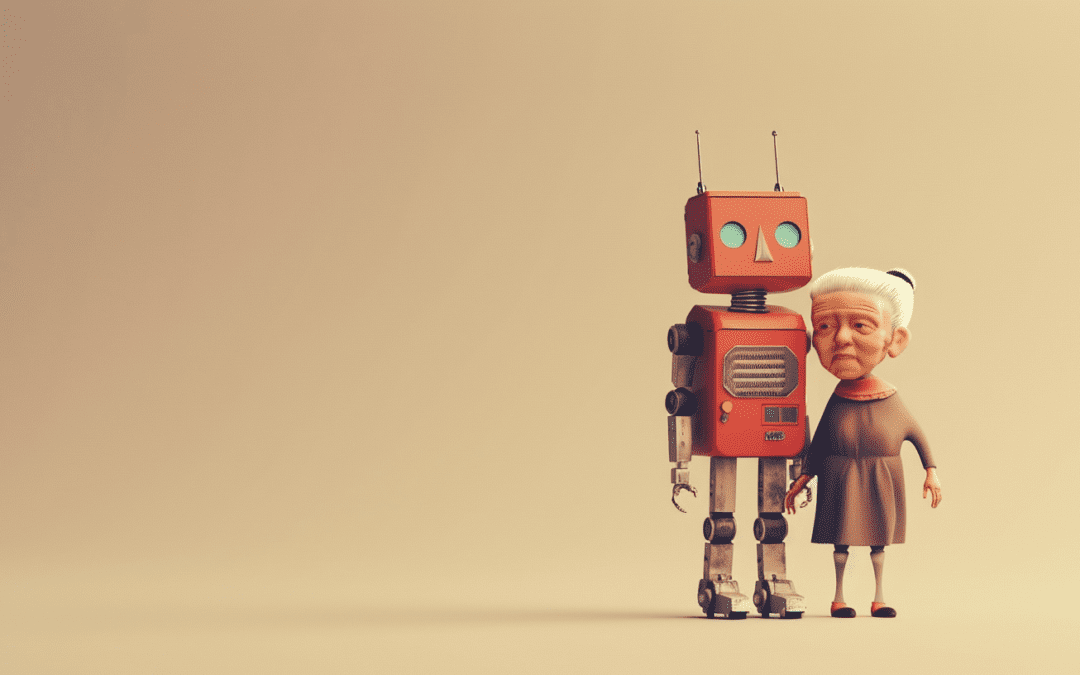South Korea combats loneliness and medication adherence for seniors uniquely. Local governments deploy 7,000 AI-powered robot dolls for seniors and dementia patients.
The Hyodal doll, priced at $1,800, goes beyond companionship. It can hold conversations, reduce feelings of isolation, and even remind users to take their medication. While the concept might seem futuristic, early results are promising. Studies involving over 9,000 participants showed significant improvement in mental well-being, with depression levels dropping from 5.73 to 3.14. Additionally, medication adherence saw a positive shift, rising from 2.69 to 2.87.
The Hyodal doll comes with a companion app for caregivers. This app allows remote monitoring through a web platform, providing peace of mind for families. Built-in safety features include alerts for inactivity, ensuring the user’s well-being is constantly monitored. But this constant monitoring also raises privacy concerns.
Beyond basic conversation, the Hyodal doll boasts various features to improve seniors’ lives. Users can enjoy touch interaction, voice reminders, check-ins, voice messages, and even access a health coach, quizzes, exercise routines, and music.
Caregivers, through the app, can send and receive voice messages, make announcements to a group of dolls, and monitor motion detection within the user’s home.
While the potential benefits are undeniable, privacy concerns linger. The constant monitoring capabilities raise questions about data collection and usage. However, the pilot program’s success, coupled with South Korea’s rapidly aging population and low birth rate, suggests this technology might be a glimpse into the future of elder care.
But can robot companions truly replace human connection? Will these AI dolls become a crutch or a lifeline for South Korea’s growing senior population? This new method might help fight loneliness and support older adults.




